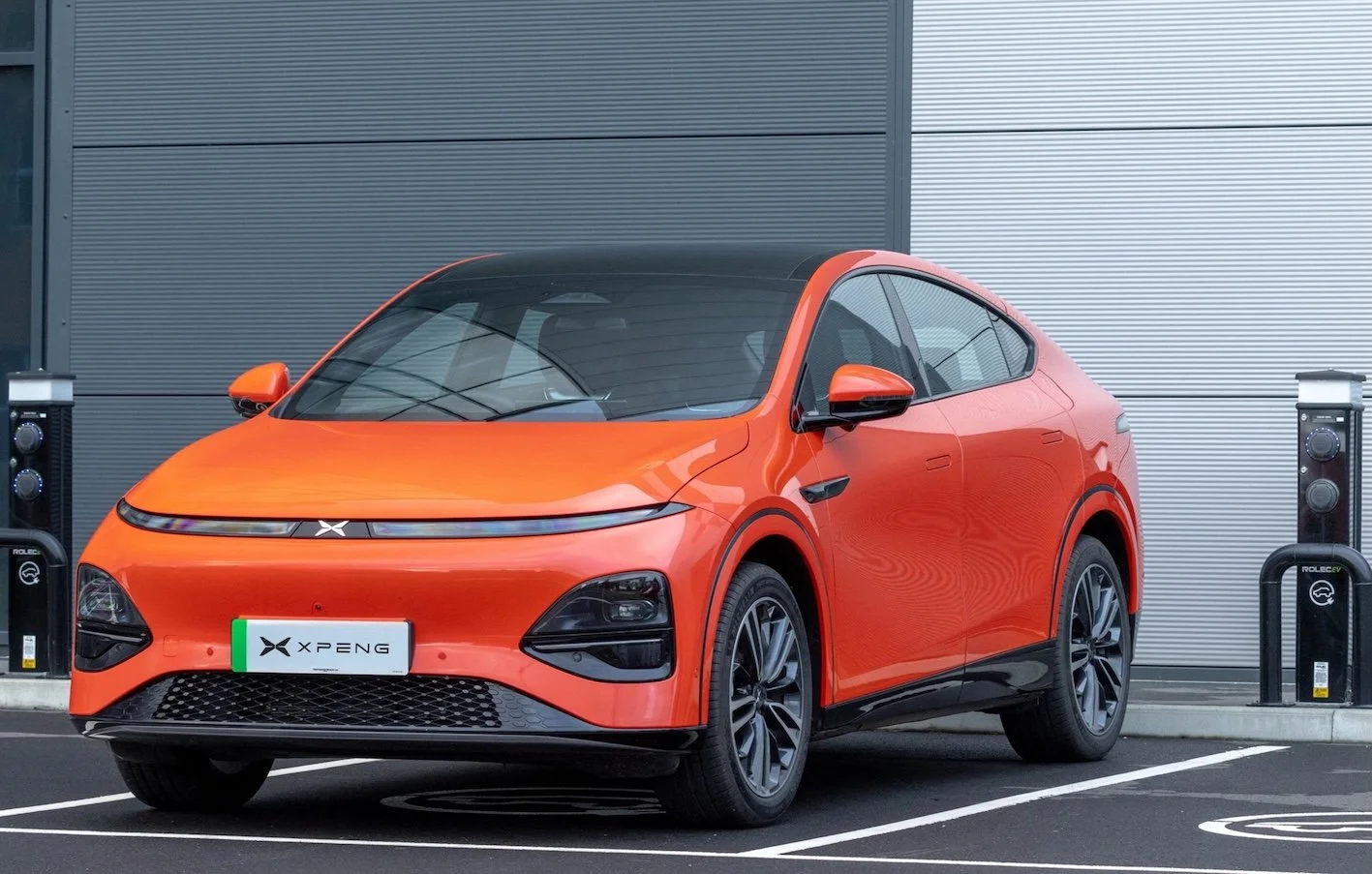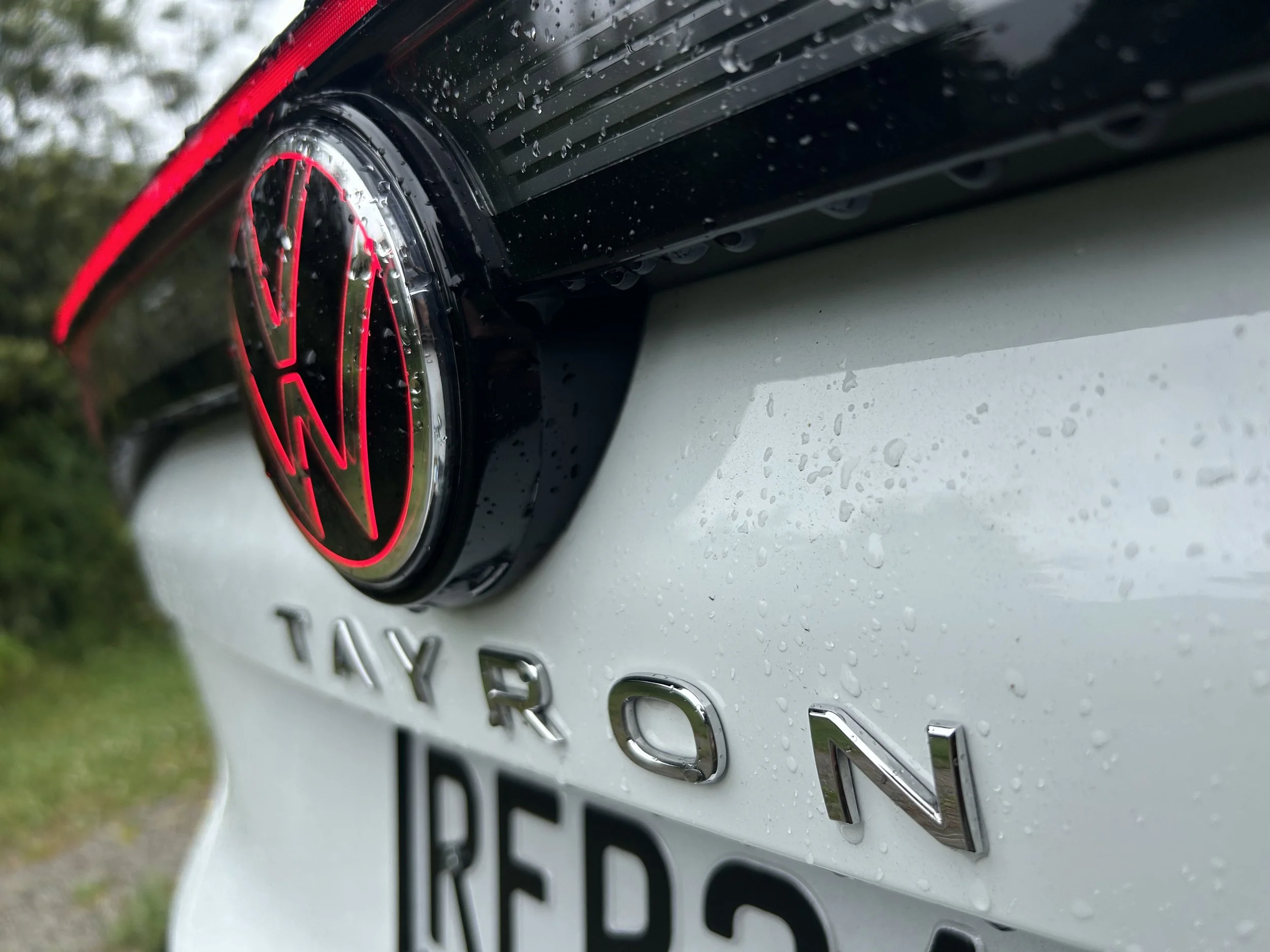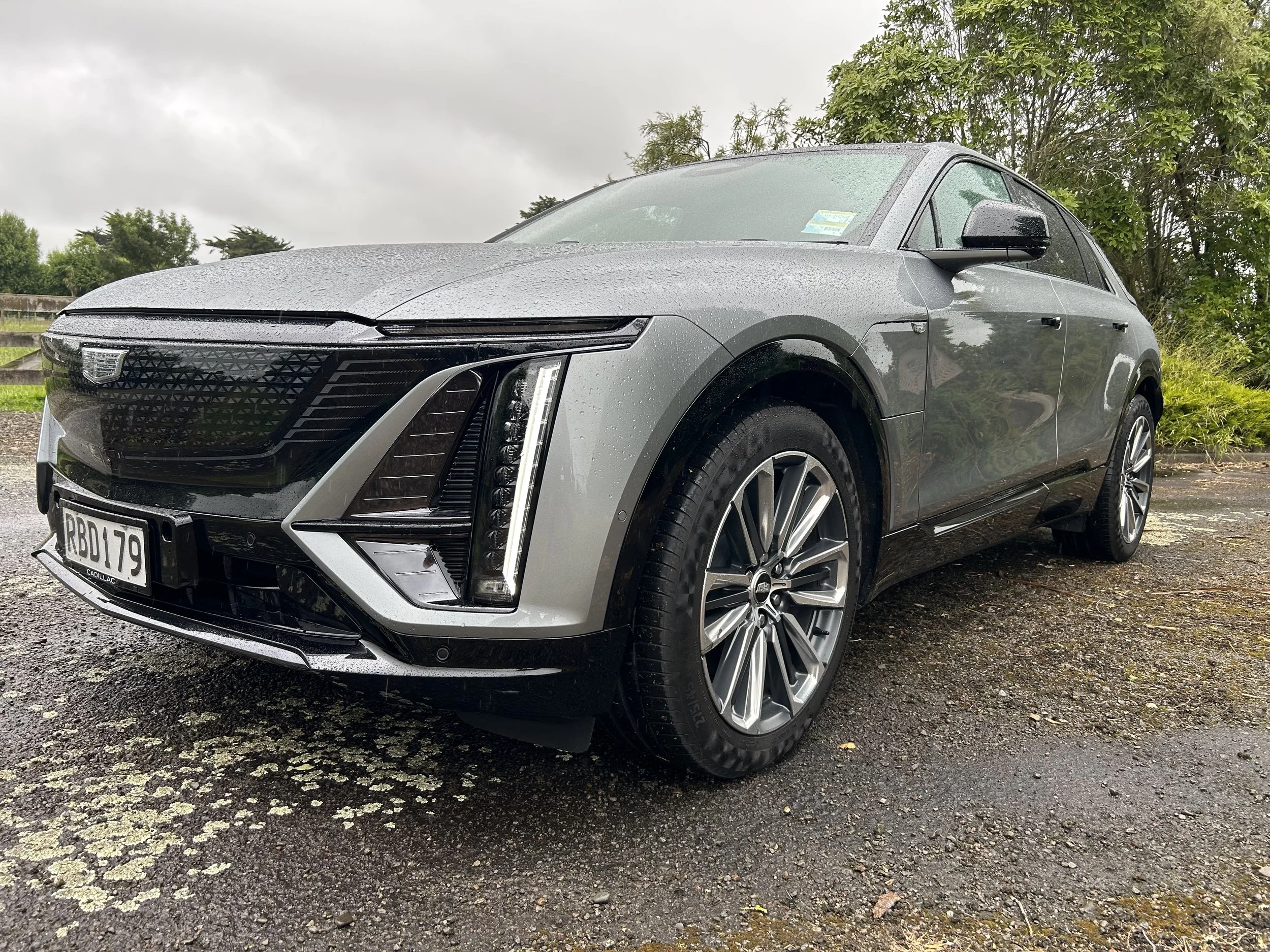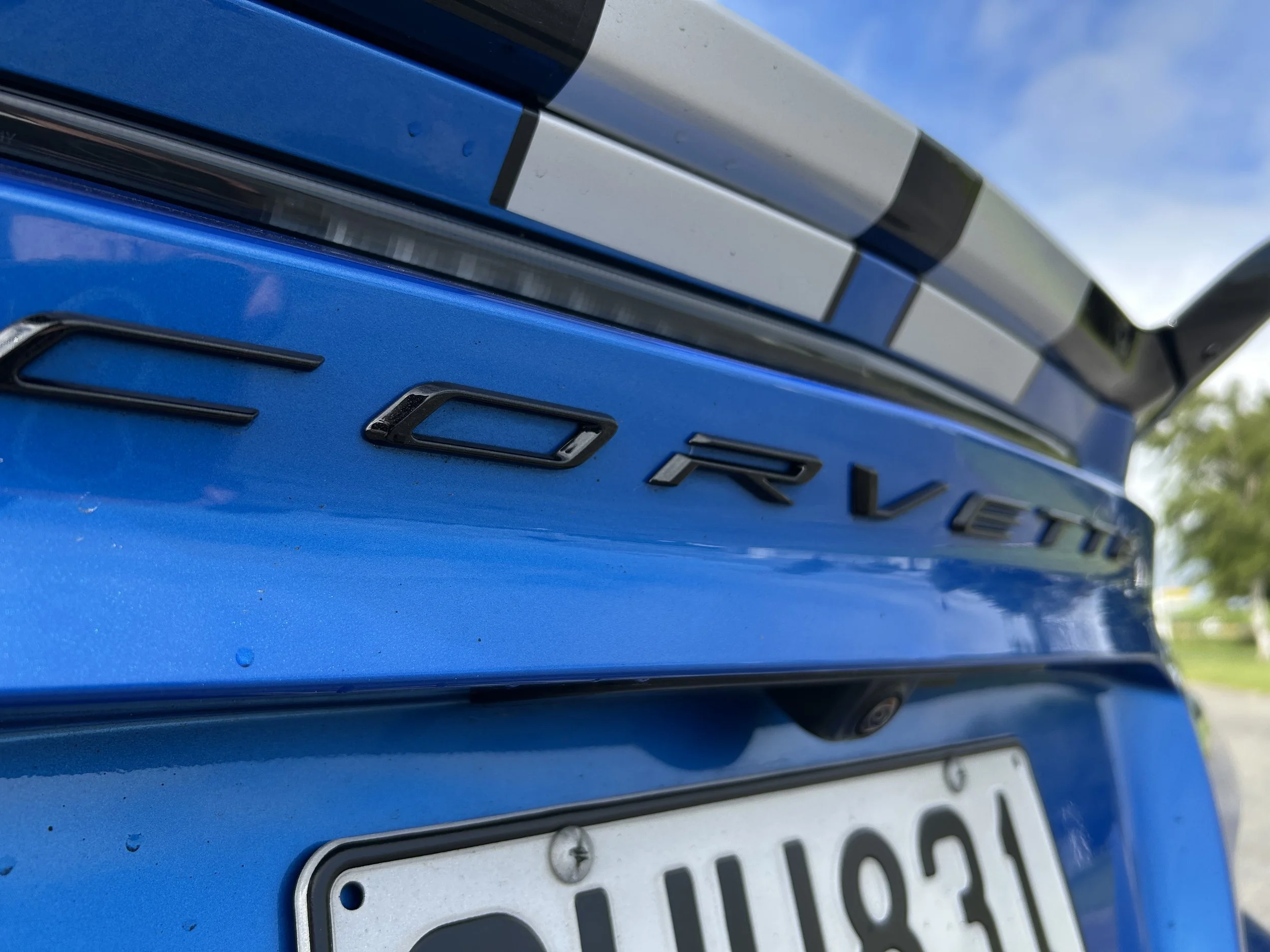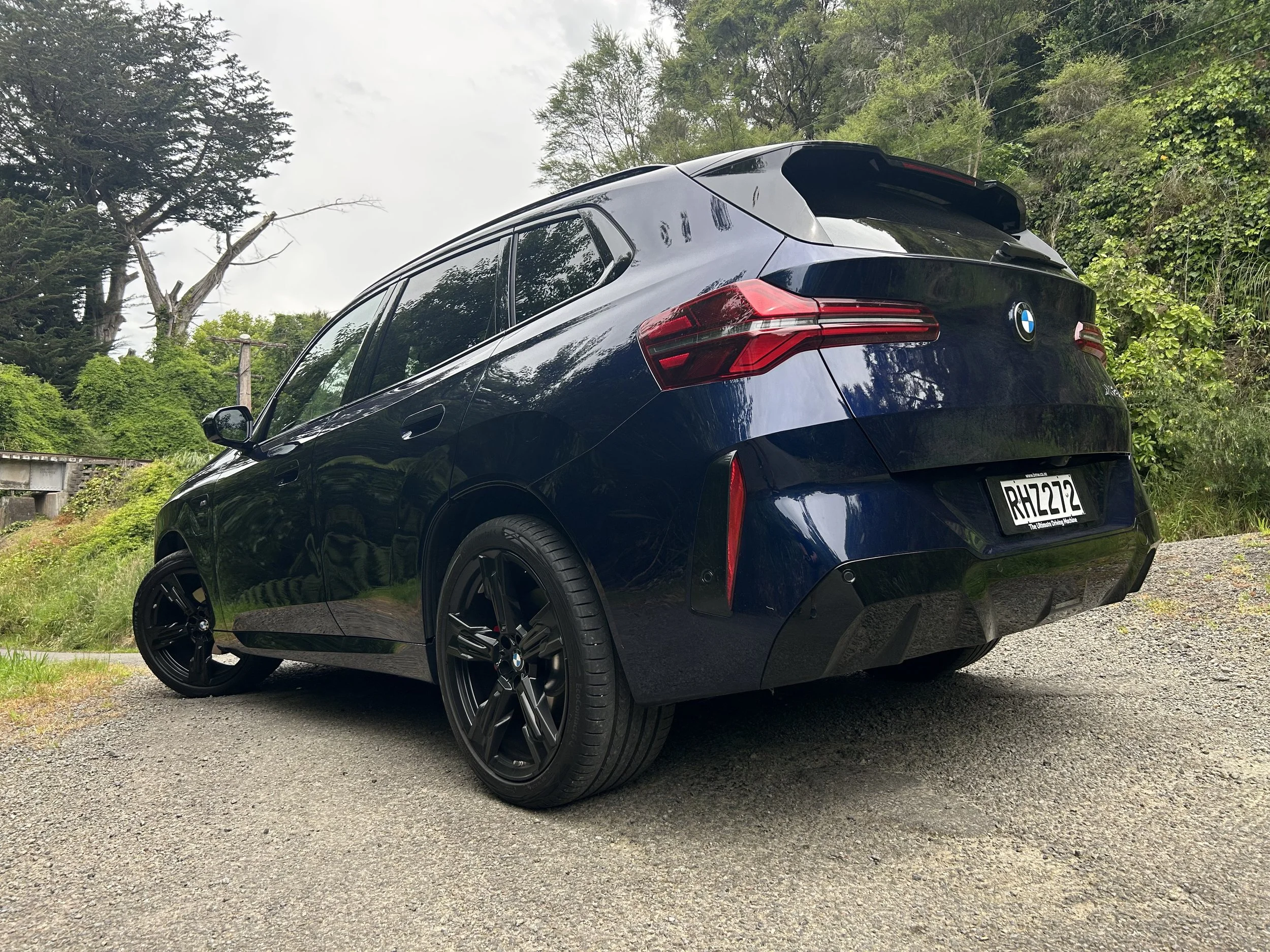Corolla set to join NZ ohm team
/Toyota New Zealand’s hybrid drive plan for 2016 includes the Corolla as well as the new-gen Prius.
Hybrid technology in a compact Toyota without the Prius packaging is about to become a reality in New Zealand, with confirmation that a petrol-electric version of the Corolla is incoming.
The determination to take the car was revealed to Motoring Network during discussion about future hybrid directions for Toyota and its Lexus premium brand.
Steve Prangnell, the general manager of sales for both brands, confirmed the Corolla will be coming along with the new generation of the Prius, the so-called 4G – to signify it is the fourth generation - that released in Japan this week.
TNZ has confirmed it wants the battery-electric Corolla here by mid-2016 but is declining to offer additional comment. “We are not in a position yet to confirm the model line-up or specifications,” spokesman Morgan Dilks said.
That raises conjecture about whether we will see the model in the hatchback format that Toyota pitches into the United Kingdom or instead find ourselves with a sedan that goes into parts of Asia.
The clue might be the sourcing: The car is said to be coming to us from Japan. Presently the sedan comes from Toyota’s homeland while the hatch is only built at its UK plant in Derby that is also home to the Avensis wagon.
However, it is always possible that, but the time Toyota NZ is ready to launch, the hatch might also be assembled in Japan as well. It also builds a Fielder wagon with the hybrid drive, but purely for domestic Japan, whereas the sedan exports to parts of South East Asia and to India.
The UK’s car is badged as the Auris. Like the sedan and wagon it uses the Hybrid Synergy Drive set-up from the current Prius, featuring a 1.8-litre petrol engine, 650v electric motor and nickel metal-hydride batteries in marriage with a constantly variable transmission.
The reason for taking the car might come down less to perceived demand than to pricing and advantageous positioning. The new Prius has updated significantly in technology and TNZ has suggested there will be a gap between it and the Prius C, a budget hatch that uses the powertrain from the Prius before last.
Presently the Prius C prices from $26,990 to $30,990 in c-Tech format while the full-sized Prius hatch starts at $46,630. The alternate Prius V, a quasi wagon-MPV, begins just over $2000 above that. The Corolla hatch line begins at $31,990 in GX manual form, with the automatic at $33,590, and tops at $43,790. The Corolla sedan spans from $33,490 (man) or $34,990 (auto) through $43,690.
Traditionally when Toyota offers a hybrid drivetrain as an alternate to a conventional engine in a common car, such as Camry, the battery-assist powertrain carries a premium. It seems likely, therefore, that the hybrid Corolla will not be presented in as high a specification as the current flagship Levin and ZR cars here, least it loses pricing advantage.
While Toyota Japan is also pushing ahead with its hydrogen car programme, and has launched a car called the Mirai that uses hydrogen to feed a fuel cell that in turn creates electric drive, Toyota intends to hold position as the global leader in hybrid cars as well. It has already sold seven million petrol-electric vehicles since the mid-1990s.
It says the Prius remains a core model in its aim to radically reduce carbon dioxide emissions.
While its aim is to sell 30,000 fuel cell vehicles by 2020 it also expects to rely on hybrids for decades: Around seven million additional cars within five years, making a total count of 15 million on the road by 2020, double the present tally.
The incoming Prius 4G is obviously an improvement over the current model, though surprisingly it still doesn’t divest the same nickel hydride battery technology that has run with the car since 1997.
Which means it is still basically a petrol car with some battery pep and cannot entertain, in this format, the plug-in recharging that is now being offered on range-extender fare such as the Mitsubishi Outlander PHEV, BMW i3 and Audi A3 e-tron now on sale here. Toyota is promising a plug-in version of the next Prius, presumably with lithium ion batteries, will be developed but is not saying when it will emerge or if it will be sold in New Zealand.
Nonetheless, the nickel hydride battery Prius in its next form will provide better efficiency than the current offer, Toyota Japan has promised. It is targeting a 20 percent improvement in fuel efficiency and CO2 emissions under the European testing cycle when compared with the current model.
According to industry website Automotive News Europe, the reduction would mean the Prius’s lowest CO2 emissions would be about 70 grams per kilometre compared with 86g/km in the current model. The car’s fuel consumption would decrease to about 3.0 litres per 100km from 3.9l/100km.
Toyota said measures to boost the Prius’s fuel economy include an overhauled engine achieving 40 percent thermal efficiency, a new and lighter electric motor that is 20 percent more efficient, as well as improved aerodynamics.
Toyota also moved the battery pack from the boot to below the rear seat, lowering the car’s centre of gravity and increasing the cargo space by 56 litres to 502 litres.





